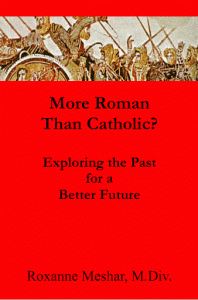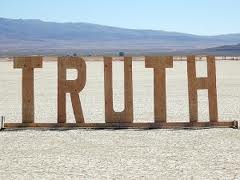 During the past few months, a number of people I know have died. What do we do when the unimaginable happens? How can we use our pain, sorrow and suffering for personal growth?
During the past few months, a number of people I know have died. What do we do when the unimaginable happens? How can we use our pain, sorrow and suffering for personal growth?
Of course it is possible to grow without suffering. Which is why we don’t say that we desire suffering. Neither does God desire it for us. But to live is to take a risk. To live is to enter the unknown. Living tests us, challenges us. Illness and accidents can happen to anyone – and do. Relationships end. Those we love die. Life entails suffering, by definition.
So then, do we allow our suffering to incapacitate us? Victimize us? Or do we use it to learn, become stronger and deepen who we are meant to be? This is our task.
What do you do with your suffering?
Look around. Clinging to comfort and structuring life to avoid suffering limits our lives, relationships and our humanity. Christianity teaches the reverse. Embrace the cross.
Jesus embraced the suffering of the cross. In the gospels Jesus was deeply relational with others and with God. This is what made him truly human. It is what will make us truly human too.
Those who have varied and strong relationships are better equipped to handle the pain or suffering that comes with entering into relationships or entering into life and death. This is what it means to be human.
Scriptures can be a good resource for learning how others created something good from pain or suffering. Scripture stories are about what we do with our pain. These are the stories of Genesis, Exodus, Job, Ruth and Naomi and of course Jesus and the resurrection. Entering into pain and suffering can be transformational – if we let it.
What kind of healing are we open to? Only physical healing? Or perhaps emotional, psychological or spiritual healing?
To know that there is something transcendent in each of us is to know that at least a part of us will continue beyond our death. Death is not the end. But it is the limit of our suffering in this world.
Knowing this gives us hope and allows us to enter into the risk of life. Knowing how to use pain or suffering as a vehicle for growth allows us to enter into suffering so we can move through it. It passes. Having experienced it gives us empathy with others who suffer too. We can reach out.
Conversely, our culture values a life of comfort and avoidance of suffering. “Be nice and quiet.” “Don’t get involved.” “Family before others.” We can live in a home with an attached garage for years and never meet our neighbors.
But avoiding new relationships or allowing fear to limit where we go in the world, in order to resist emotional or psychological suffering, doesn’t work. Rather it results in anxiety, dysfunction, addiction, depression and worse. The ability to embrace suffering and then let it go, is the skill that makes us resilient, allowing us to remain hopeful and open to the future.
God is the lure and promise of a better future, different from the past.
We can choose happiness in the midst of suffering. As many can attest, the paradox is that sorrow and joy can coexist. Out of deep suffering can come peace, life-long joy and new life. Spring arrives.
 You may also like The Story of the Wolf, Irish Heritage, Don’t Worry Be Happy and Surprised by the Spirit.
You may also like The Story of the Wolf, Irish Heritage, Don’t Worry Be Happy and Surprised by the Spirit.
 My newest book has just arrived. Yes! It was a long time in coming but it’s finally here. It is available here, soon at Amazon Books and Barnes & Noble.
My newest book has just arrived. Yes! It was a long time in coming but it’s finally here. It is available here, soon at Amazon Books and Barnes & Noble.







